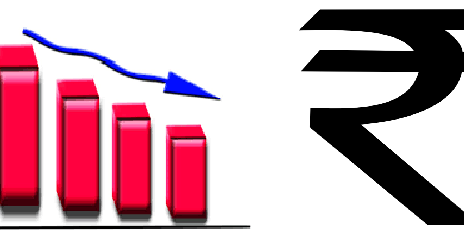On Wednesday, French authorities indicted Telegram CEO Pavel Durov on six charges related to illegal activities allegedly facilitated through his messaging app. Durov, who was released on a €5 million bail, is now prohibited from leaving France and must report to a police station twice a week. The charges against him include complicity in managing an online platform to enable illegal transactions by organized groups and refusal to cooperate with law enforcement, according to a press release from the Paris prosecutor’s office.
The arrest has triggered a diplomatic uproar involving governments in Paris, Moscow, and Abu Dhabi, and sparked a heated debate about online free speech and technology regulation. The indictment also accuses Durov of complicity in providing programs or data that enabled organized crime, including child pornography distribution and drug trafficking. A judge will now further investigate the charges, which could still be dropped at a later stage.
French authorities highlighted Telegram’s frequent involvement in cases related to child sexual abuse, trafficking, and online hate, citing the platform’s nearly complete failure to respond to judicial requests. This lack of cooperation led to the opening of a preliminary investigation in February, followed by warrants issued for both Pavel Durov and his brother Nikolai in March.
Durov’s lawyer, David-Olivier Kaminski, dismissed the charges as absurd, insisting that Telegram complies with all European digital regulations. Durov, a Russian-born tech mogul, was detained at Paris’ Le Bourget airport on Saturday night as part of the wide-ranging inquiry into criminal activities on Telegram.
Telegram, headquartered in Dubai, has long faced scrutiny over allegations of rampant fraud, drug trafficking, organized crime, terrorism promotion, and cyberbullying on its platform. Following Durov’s arrest, the company strongly denied any wrongdoing, stating in an online release that it adheres to all EU laws and that Durov “has nothing to hide.”



